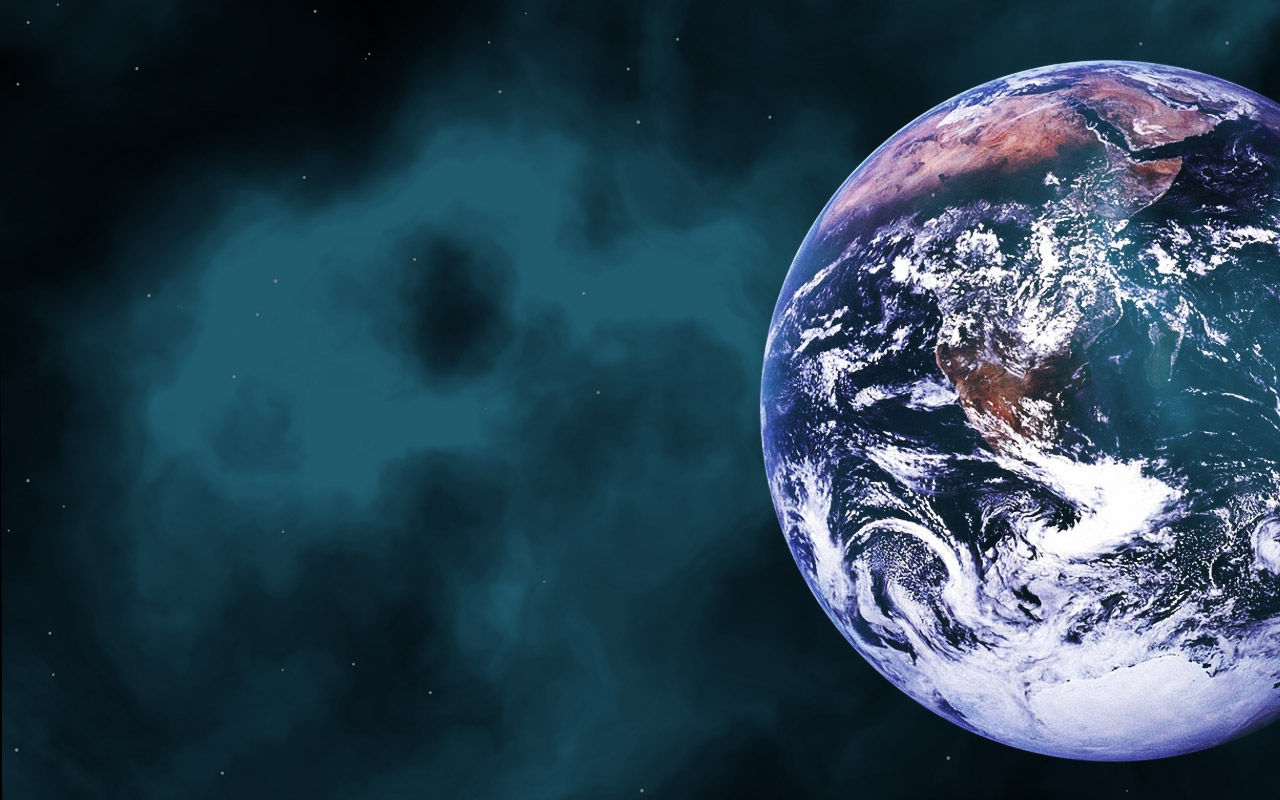There is something funny that happens when you travel with awareness. To walk through worlds that others live in, is, if you pay attention, an act of getting to know the invisible and visible realities informing human experience. The diversity of contexts people build their worlds around define, transform, and create place in what would otherwise be unremarkable, mere, space. Travelling honors inquisitiveness into others worlds; a wish to know what someplace else is like; cities--and corners of cities--have their own personalities, written in the symbols that make up it's walls and it's people, who both build their worlds and are swallowed by them, just as we all are, excepting the days we step outside, and actually look, are seen, and see ourselves anew.
To travel consciously is to know the superficiality of escaping one world in contrast to the depth of entering another. The careful observer knows that multiple meanings are held in buildings, public sculptures and displays, local customs, ways of speaking, gestures--everything is a symbol that points to a historical meeting point or contemporary statement, to a series of events, the actors who set it in motion, the systems those actors worked in, the ideas that inspired committed rituals and dynamic change alike. Assigning meaning is a uniquely human trait from which our social groupings--and organization of resources, power--emanate.
Meaning isn't just a static thing held around us, however, but something we engage in--as locals or visitors, in different ways. The events happening, right now, and the actions we take as travelers, or locals affected by, contributing to, and interacting with tourism and traveler culture involve the communication of many meanings which shape relationships between these groups. Being a conscious traveler--walking through others meanings--requires delicacy, tact, an interest. It requires effort to develop keen awareness of the ways social status, wealth, and other types of power constructs others places, our own homes, and the interaction between the two, including that which occurs in tourism; as well as to understand the significance of maintained cultural forms--to know why people do what they do, why places look the way they are, and what challenges are motivating current local, national, and international events that affect the people who live there.
Seeking knowledge is seeking a conversation of sources--the voices from guidebooks and history books and non-textbook historical accounts, and the voices from representatives, and non-representatives, from other visitors and locals, from building and art itself. Meeting others on their own terms is a form of communication that requires integrity of self and deep listening of the other, a recognition of boundaries, and extended understanding. Meetings can and do change people--the self itself moves as you do--but that change is rooted in the meeting, not to the origins. Once the meeting occurs, however, it is effort to contextualize it, to know more than what you see, to find the stories in the facades presented. It is in this effort that the bliss of ignorance fade, but a different appreciation arises--which in turn can bring inspiration, collaboration, joining hands for change among groups and individuals previously unknown to one another.
Tourism has arguably changed local economic landscapes and performative culture. It's not unfair to examine this dynamic as part of the traveler experience, and to consider the large impacts that inequality between nations can have on industries later constructed for tourist enjoyment, and organizations set up to 'save' people in impoverished countries from conditions created by the elite in wealthy countries-in the form of resource mining and local economic restructuring performed by non-local organizations--the benefit of cheap, overseas labor. There are situations that you have the luxury to walk away from--that will not affect you for more than days and memories; whose histories you have no direct linkage to. And yet, across seas from each other, we still occupy one earth that is continually under threat from human actions, our distinct oppression still causes similar hurts, and our unique heritages are undergoing major shifts--some liberating and others being replaced by new oppressive forms.
Conscious travel is indispensable to the art of crossing into other lands with conscience, connectivity, and communication at the heart of one's journey to make the unknown, known, seen, felt, and understood. This is done by seeking knowledge, acting mindfully, and reflecting on the interconnected nature of relationships that our travel, identity, and experience of place rest upon.
We cross into each others world physically--in our travel, meetings, relationships outside the social scenes we were raised in or have become accustomed to. We reach out to each other, digitally, fostering connection and discussion--to do this consciously is it's own delicate act too easy to forsake--creating communities across borders. We also see others worlds, present our own and others worlds through the art, scientific inquiry, politics, economics, and culture we produce for one audience, or conduct in one location, but which reach audiences far outside our intentions. Travel accounts shared here each tell a story--of the traveler, of the place they were in, of the people there, and of connections made. It is only by building these stories, based on listening with each other and seeking knowledge, that we can reconstruct meaning, even as travelers, merely walking through each others worlds, seeking to become more conscious.




